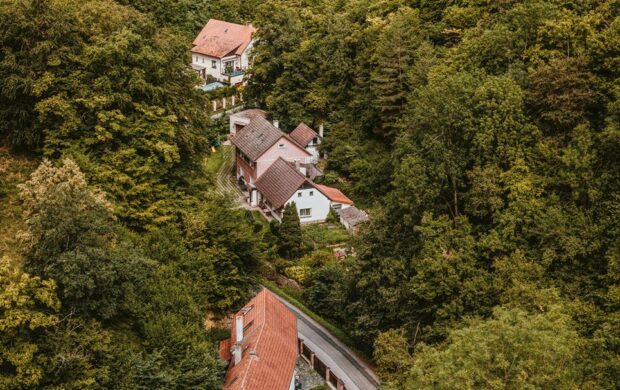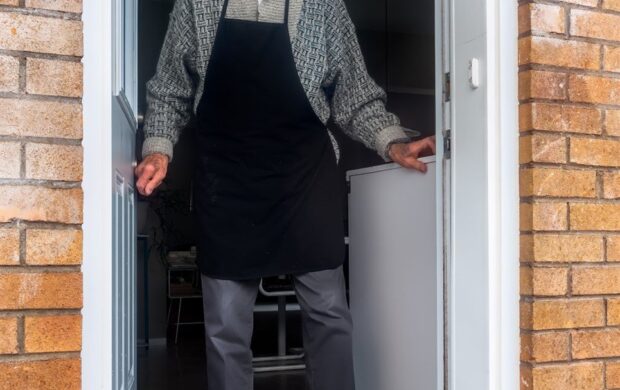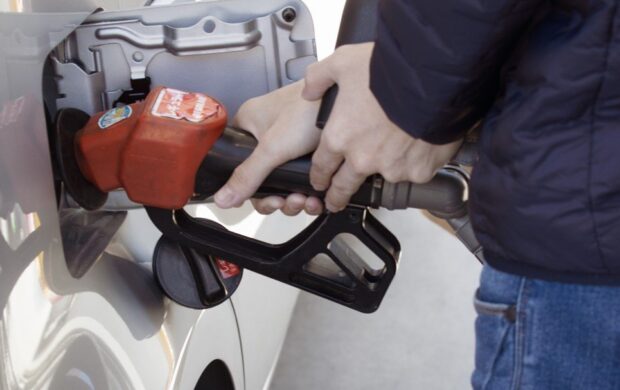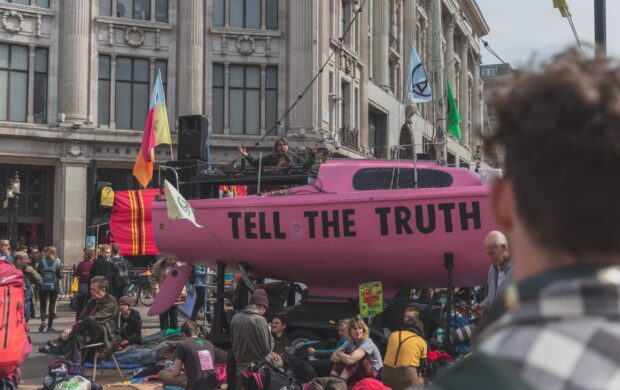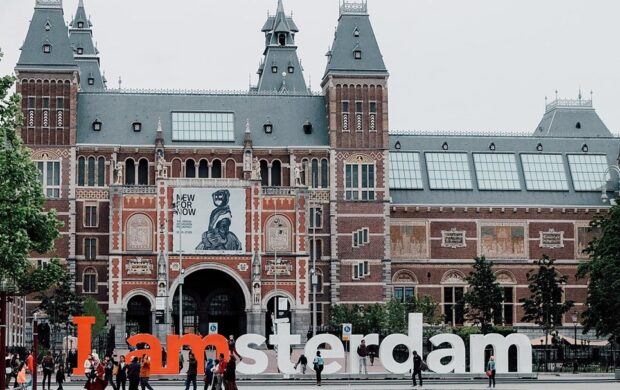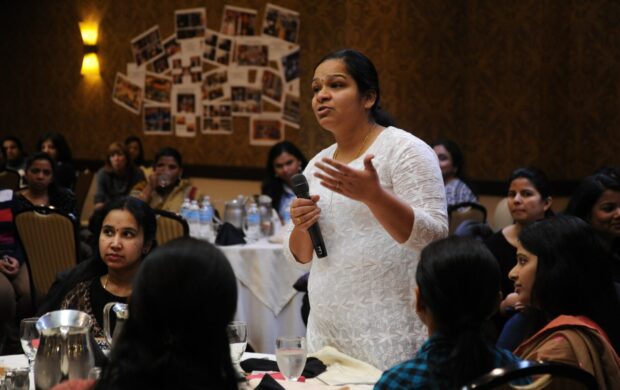A recent YouGov poll carried out in the UK, discovered that 91% of respondents do not want life to return to ‘normal’ once the lockdown is over. Appreciating cleaner air, increased wildlife and flourishing communities, linked to the forced reduction of economic activity, 54% of respondents hope to make changes in their own lives, and for the country, in follow up to the crisis. Meanwhile, according to Google Trends, over the past 90 days search interest in “How to live a sustainable lifestyle” has increased by more than 4,550%.

So what?
The lockdown-enforced lifestyle adaptations, including spending less money (indicated as true by 61% of YouGov respondents) while increasingly shopping locally, cooking more food from scratch (38% respondents), strengthening social connections (albeit virtually), all demonstrate there is an appetite for more permanent lifestyle change and for wellbeing to be prioritised. It is estimated that it takes approximately two months for a new behaviour to become automatic and for new habits to be formed. It is unclear how many of the enforced behaviours will remain true beyond lockdown, however, the overall increase in awareness that the health of people and of planet are interconnected present a great potential for a mindset shift, particularly as cities and local governments plan for a post-COVID-19 new ‘normal’ and pledge ‘not to return to business as usual’. View signal of change ‘Cities pledge not to return to business as normal’.
Signal spotter: Rodrigo Bautista
Photo by Patryk Pastewski on Unsplash

